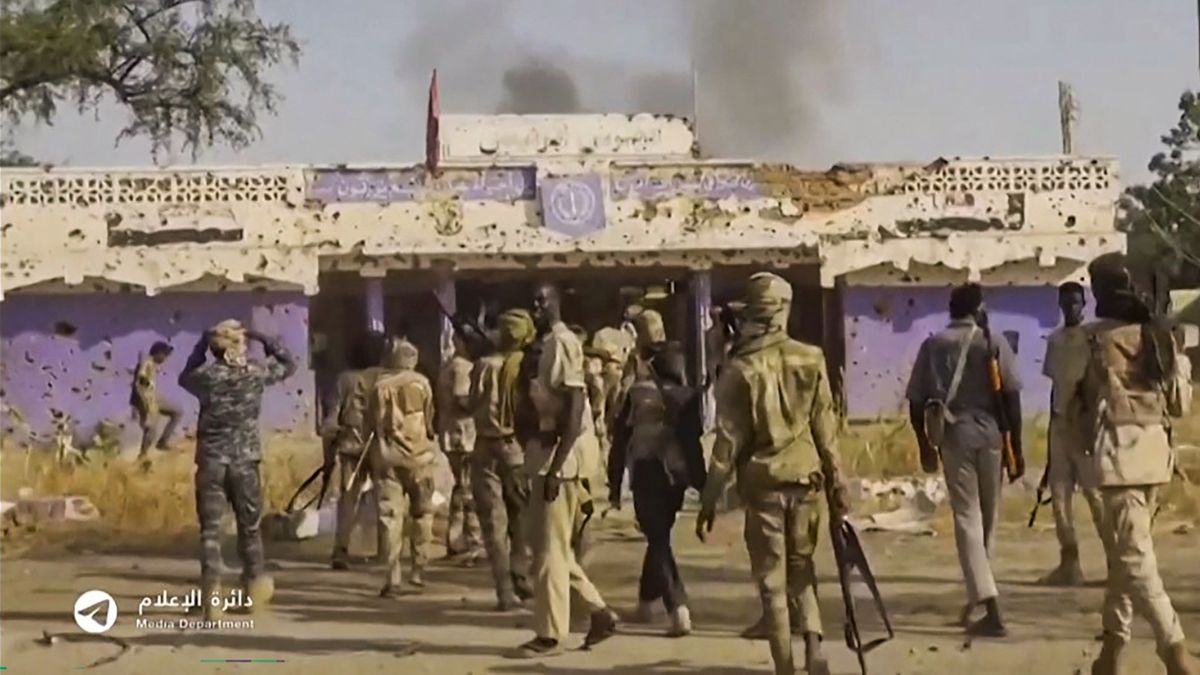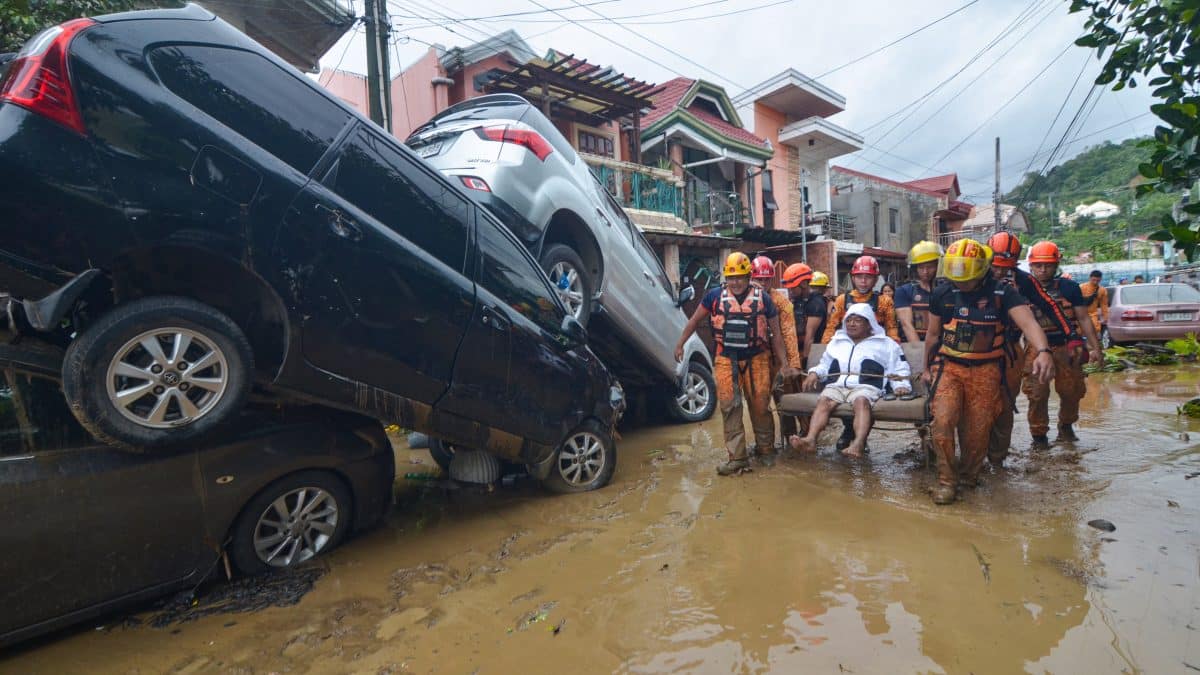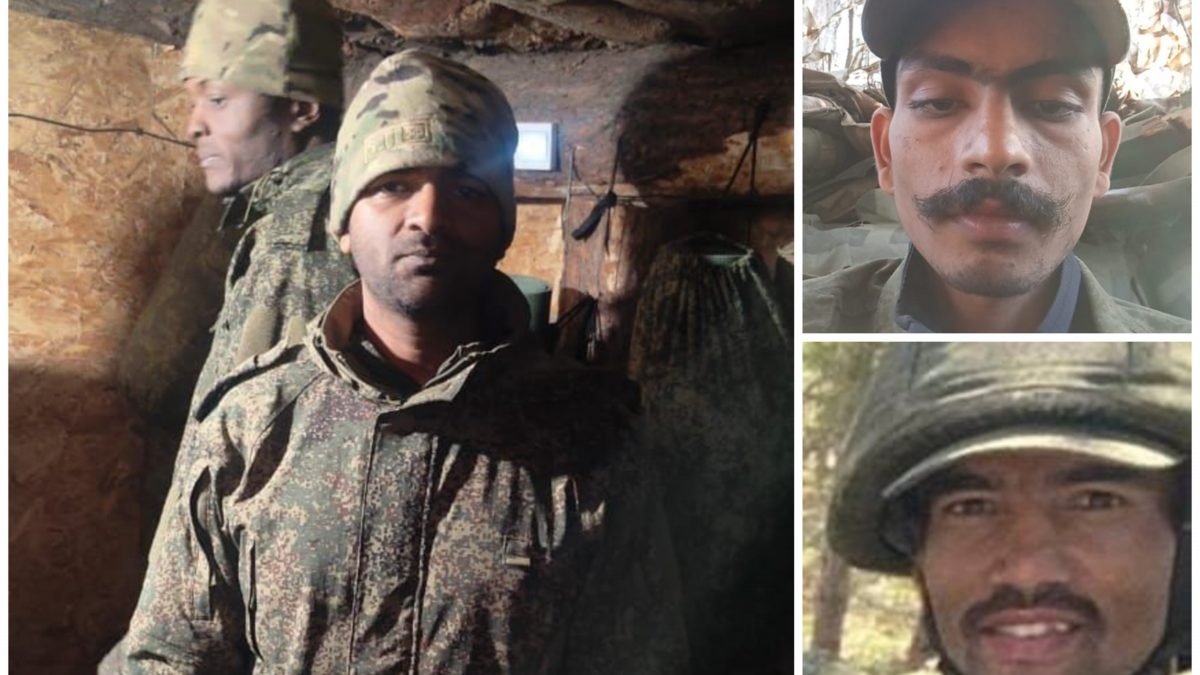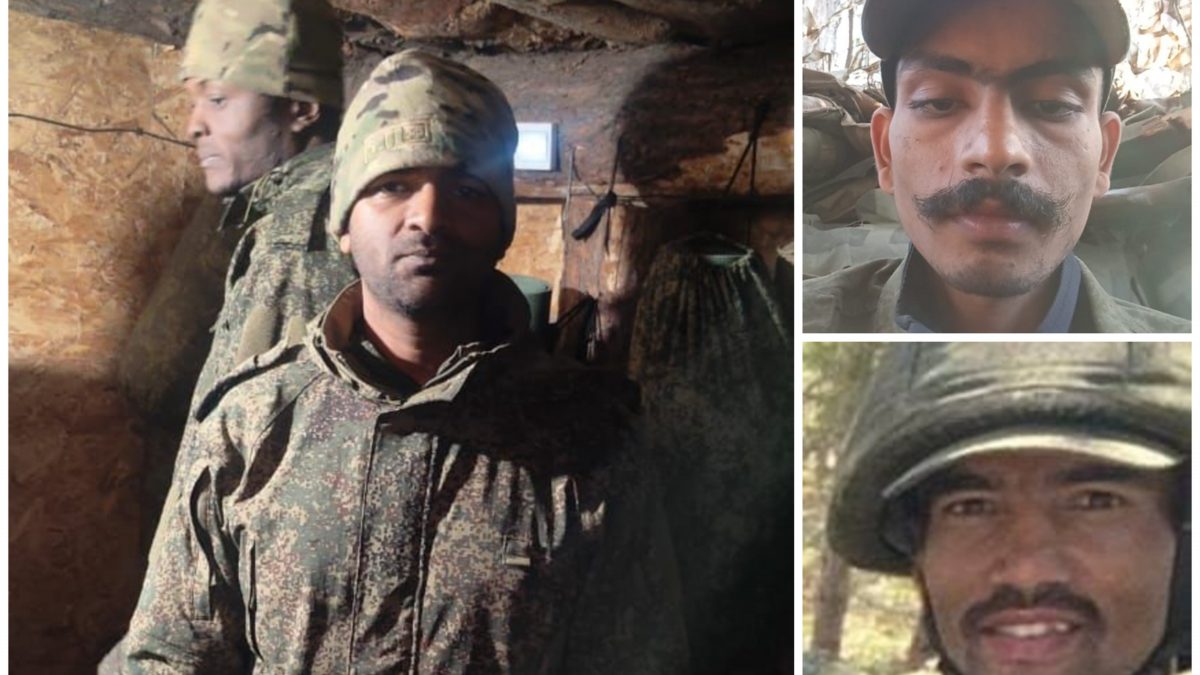Red Cross chief Mirjana Spoljaric has warned that a genocide appears to be imminent in Sudan — as RSF engaged in systematic mass killings in El-Fasher.
In an apparent reference to the Darfur genocide of 2003-05, Spoljaric told Reuters that history appears to be repeating in Sudan’s western region.
“It’s history repeating, and it becomes worse every time a place is taken over by the other party,” said Spoljaric.
Late last month, the paramilitary group RSF captured El-Fasher, the final holdout of the Sudanese military in the country’s Darfur region, after 18 months of siege in the ongoing civil war. The scale of RSF’s subsequent mass killings has been such that piles of bodies and pools of blood are visible in satellite images.
ALSO READ — Sudan massacre: Satellite images show pools of blood & piles of bodies in city captured by RSF
During 2003-05, the Janjaweed militias —the previous name for RSF— killed around 300,000 people in a genocide against non-Arab communities of Fur, Masalit, and Zaghawa. The atrocities involved mass killings, mass rapes, the destruction of entire villages, and scorched-earth tactics.
Red Cross chief pins responsibility on foreign backers
Without taking any name, Spoljaric pinned responsibility for the actions of warring sides on their foreign backers.
The United Arab Emirates (UAE) is widely believed to be the principal foreign supporter of RSF. The other side, the Sudanese military, is widely believed to be supported by Egypt. The military has also reportedly used Iranian weapons, suggesting Iran’s support as well.
When asked about her messaging to alleged foreign backers of warring parties, Spoljaric told Reuters, “Especially those states that have an influence on parties to conflict are under responsibility to do the necessary to restrain them and to make sure that they protect civilian populations.”
ALSO READ — Amid RSF’s massacres, UN’s hunger watchdog declares famine
As for the condition in El-Fasher, Spoljaric said that tens of thousands of people had fled El-Fasher after the RSF seized the city and it was likely that tens of thousands more were trapped there without access to food, water, or medical assistance.
Impact Shorts
More ShortsSpoljaric said that Red Cross staff in the nearby town of Tawila had heard reports that people fleeing were “sometimes collapsing and even dying out of exhaustion or because of their wounds”. She called the situation “absolutely beyond what we can consider acceptable”.
More than 70,000 people have fled El-Fasher since October 26, the day the city fell into the hands of RSF, according to the International Organisation for Migration (IOM).
But little is known about the fate of around 200,000 others believed to be still in the city who could not flee. The city has largely contact with the outside world.


)

)
)
)
)
)
)
)
)



